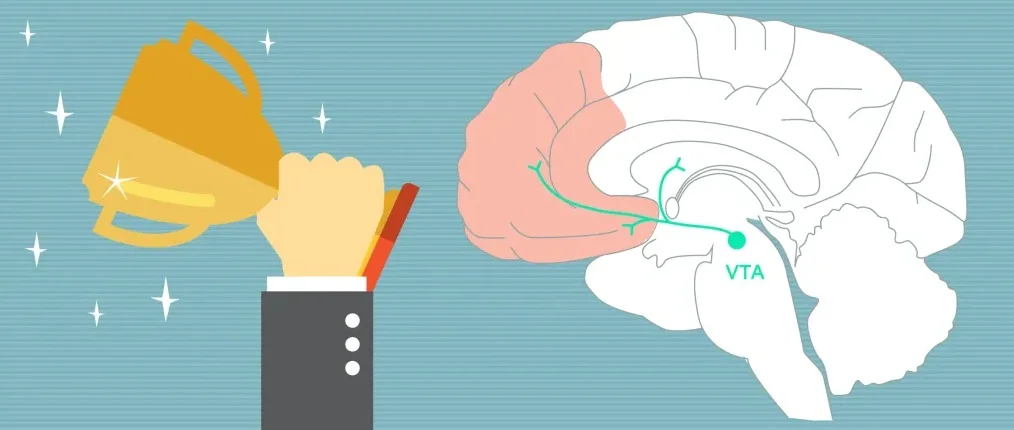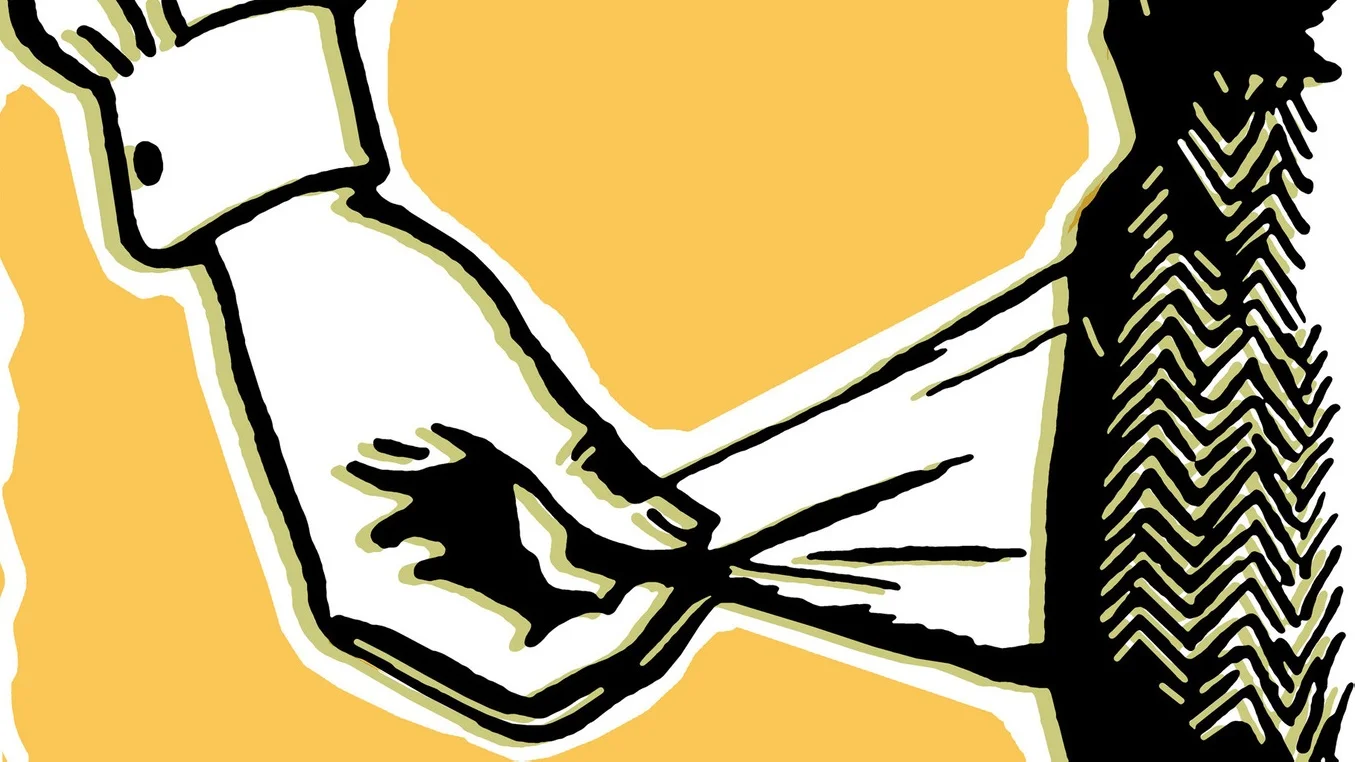
The very nature of gambling leads to questions such as: “Why are some people able to enjoy gambling while others seem unable to stop?”, “How can the desire to bet be explained, and why not? does everyone try it? “.
In this article we will try to answer these questions, delving into the psychology of gambling and gambling addiction.
Why do people bet?
When we talk about gambling, we often refer to a rather well-known saying: “the dealer always wins”. It doesn’t matter whether it’s slot machines or roulette – the odds are meticulously calculated for the casino to make a profit. Why, then, do people bet if they know they are likely to lose money?
Let’s analyze the psychology of gambling in detail to better understand the reasons that push people to gamble.
The thrill of uncertainty
If there was no psychological reward mechanism in gambling, the casino industry would not be as successful. Not knowing the outcome of the game is the first and most important characteristic of gambling and our brains find impulses and stimuli in activities whose result cannot be predicted: the more stimuli they have, the more they require!
Evasion
Playing in the casino can also be a form of escape from everyday life. The game rooms stimulate all the senses, from sight to hearing, making people feel like they are in another world, more stimulating and exciting.
Socialization
Gambling is also a way to socialize. Many young people come into contact with gambling thanks to friends and relatives, usually through card games.
Whether it’s bingo or poker, betting can be a fun pastime that allows you to meet new people or spend some time with friends.
Gain
Of course, there are also those who play only in the hope of winning and earning something. Playing games like poker, which requires some skill, can be rewarding, as long as you know how to do it.
Conversely, however, playing games based more on randomness, such as slot machines, can also cause you to lose more money than you can earn.
Why is gambling addictive?
It’s not wrong to play a game of chance for once. Taking a risk, hoping to be rewarded, causes feelings of excitement and frenzy, even if you don’t win all the time.
As with other similar experiences, however, such as shopping or alcohol, this pastime could also turn into a form of addiction.
Gambit and brain
To better understand the psychology of addiction, it may be helpful to understand how the brain acts when engaging in enjoyable activities. The so-called brain reward system consists of a series of neural structures that connect different areas of the brain and are responsible for positive emotions, such as joy, pleasure and ecstasy.

This system is activated on the occasion of all kinds of gratifying experiences, from sex to moments in which a compliment is received: the brain activates the neurotransmitters, which then go on to stimulate the neurons.
The main neurotransmitter responsible for this process is dopamine which, once released, allows us to perceive pleasant emotions or euphoria. When we bet, dopamine levels skyrocket, just like when taking drugs. As pleasure becomes extreme, the way our brain transmits information between neurons can be altered. If you already have genetic or psychological predispositions, you can run the risk of addiction.
In summary: if the brain is excessively stimulated, the brain reward system, which helps us to perceive the sensations of pleasure, loses its effectiveness. This is precisely the problem: the more you bet, the more you want to continue doing it to rediscover those sensations.
What are the main causes of gambling addiction?
Gambling addiction can depend on various causes, which can be grouped into three groups:
- Biological causes
- Psychological causes
- Environmental causes.
Biological causes
Each individual has a unique genetic heritage, and it is also for this reason that each of us reacts differently to the temptation of gambling.
For some, resisting it can be very difficult, because not everyone is able to prioritize rational thoughts over impulses. Furthermore, when talking about the biological causes of addiction, we can also mention:
- Age: gambling addiction is more common among young people and middle-aged people.
- Sex: Compulsive gambling is more common among men than among women, although women tend to develop this addiction at a later age.
Psychological causes
Even when the pleasure deriving from gambling begins to become harmful, not everyone seems to be able to stop.
This is due to the amplified perception of the benefits of addiction, such as the reduction of stress, the escape from boredom, the ability to cope with unpleasant situations or sensations or the simple avoidance of withdrawal symptoms.
People with poor management skills are more likely to develop an addiction, including that related to gambling: this is precisely why it is so important to learn how to manage the difficulties that may arise in life.
In addition, even those suffering from anxiety or depression may run this risk, because they can use gambling to alleviate the symptoms of these disorders.
Environmental causes
Within our society, gambling is widely accepted as a form of entertainment: this contributes, albeit to a small extent, to looking at it as something usual, as a pleasant activity. In addition, the family can also play a decisive role. Children, for example, may subconsciously learn that play is a way to relieve stress and, in the long run, may develop an addiction to cope with various kinds of unpleasant situations.
What is compulsive gambling?
Compulsive gambling refers to the uncontrollable urge to continue gambling despite the negative consequences on one’s life. Although gambling should only be a form of entertainment, for some it can become a habit that is impossible to control.

Gambling addiction has also been included in the Manual of Mental Disorders and seems to affect at least 1% of the population. It is a very serious mental condition, often difficult to deal with, both for the sufferer and for friends and family of the pathological player.
Despite this, there are many examples of people who have managed to overcome this problem with the help of a qualified professional. To learn more, take a look at our guide on responsible gambling to better understand how to recognize and treat this addiction.
Does the typical personality of the pathological player exist?
Although there is no precise definition of what the personality of the typical pathological player is, some scientific studies have highlighted how pathological players share some specific character traits, such as impulsiveness and attitudes related to the search for reward.
Physiologically, the main characteristics shared by pathological players are an underactive brain reward system and less activity in the prefrontal cortex.
While the former pushes the search for activities that intensely stimulate the paths of gratification (precisely because it cannot find pleasure from simpler activities, as happens in other people), the prefrontal cortex, which in pathological players is less active, does not helps in impulse management and decision making.
What are the main warning signs?
As with other types of addiction, the warning signs can be detected relatively early, both by the person in question and by friends and relatives. For greater clarity, we will divide the most common warning signs into two groups.
Financial signals
A person developing an addiction may show one or more of the following signs:
- Often being short of cash
- Losing money (from your wallet, bank account, etc.)
- Borrow money more often
- Having little food at home
- Don’t pay your bills
- Don’t like to talk about his finances
- No more valuables in the house
- Having debts with several people.
Behavioral signals
Among the behavioral signals, however, we can note:
- Excessive concern, even for no apparent reason
- Avoidance of Liability
- Changes in mood, frustration, depression or suicidal thoughts
- Removal from friends and family
- Frequent delays at work or school
- Changes in sleep, nutrition or sex life.
If you are experiencing a similar situation or an acquaintance of yours is in difficulty, do not hesitate to ask for help: if you act in time, gambling addiction can be successfully treated.
How to develop healthy gambling habits
We know that betting can be a way to spend some time with friends and have fun (or even to relax a bit alone!).
However, there is a line between fun and addiction, and it is important not to cross it, learning to develop a series of healthy habits. Here are some tips for becoming a responsible gamer.
Don’t gamble under stress
If you are in trouble, if you are in an emotional or financial stressful situation, do not bet. Gambling can give you a feeling of immediate relief, but it is not a long-term solution. In the long run, it can only make things worse, especially financially.
Don’t make gambling your only hobby
Believe it or not, addictions are often the result of excessive dedication to a single activity. For this reason, it is very important to find more than one pleasant activity in which to invest your time. It can be an artistic activity such as photography, a sport, gardening … Anything that does not involve betting.
Set a budget
This is perhaps one of the most important things: set a fixed budget and stick to it. Don’t choose a budget that is neither too generous nor too tight, so that you don’t sacrifice a large portion of your salary or be forced to quit after a couple of rounds.
Many online casinos offer the ability to set a daily / monthly / weekly budget, to prevent players from overdoing it.
Distribute your bets
Once you’ve established a budget, you need to learn how to use it. For example, if your budget is € 100 per session, it makes no sense to place € 10 bets. Better to make lower bets so that you don’t spend your entire budget in a few rounds.
Do not borrow money for the game
Avoid borrowing money from friends and relatives for gambling. Betting with other people’s money is a bad habit, which can easily lead to addiction.
Check your emotions
To get fun from gambling, you need to learn to control your emotions, both to avoid making impulsive decisions and making mistakes, but also to better manage your finances.
If you get to the point where you are unsure of the bet you are about to make, the wisest thing to do is to step back and catch your breath.
Keep track of your wins and losses
Based on your preferences, choose whether to use a paper diary or an application: what matters is that you keep an eye on the winnings and losses resulting from the game.
In this way, it will be easier to realize how you are using the available budget, but also of any changes to be introduced in your game strategy.
Ask for help
Finally, if you feel like you’re on the verge of losing control, ask for help. Family, friends, and mental health professionals are there to give you all the support you need.
Remember that gambling addiction can be treated and that you are not the wrong person if you have difficulty controlling your urge to gamble.
Be the first to comment